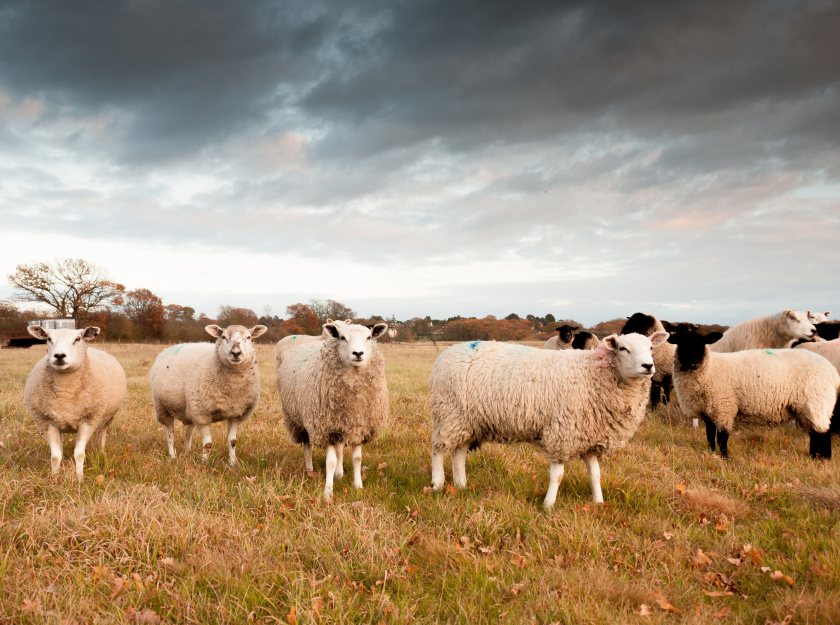
As the peak sheep trading season gets underway, farmers are being warned that failing to quarantine new stock could invite resistant worms and costly diseases onto their holdings.
Across the UK, cases of Haemonchus – or barber’s pole worm – are on the rise, making strict quarantine and worming protocols more vital than ever.
With thousands of breeding animals and store lambs changing hands, and ewes returning from away grazing before tupping, experts stress that vigilance is non-negotiable.
Elanco Animal Health’s ruminant technical consultant, Matt Colston, warns: “There is a risk that these animals, despite looking healthy, could be bringing unwanted parasites, such as Haemonchus or resistant worms, in with them.”
Colston highlights guidance from the Sustainable Control of Parasites in Sheep (SCOPS) group, which advises the use of a modern wormer for all incoming stock.
But he cautions that worming is only one element: “The importance of following a quarantine routine to address other diseases and parasites, such as scab, shouldn’t be overlooked either.”
New arrivals should be yarded or housed immediately to prevent contamination of pastures. Colston recommends using one of the newer group wormers, such as Zolvix™, and ensuring precise dosing through careful weighing and calibrated equipment.
After drenching, animals should be kept in for 24 to 48 hours to allow the treatment to take effect and for worm eggs to pass, before being released onto “dirty pasture” that has already held sheep earlier in the season.
Scottish farmer Nicola Wordie has incorporated a quarantine drench of Zolvix into her flock management plan this year. Having carried out extensive faecal egg counts (FEC) and veterinary consultations, she is determined to minimise risk.
“By giving a quarantine drench, we can be assured that the gimmers and ewe lambs we’re buying in aren’t bringing in any new or resistant species of worms onto the farm,” she explains.
Nicola follows a strict protocol to safeguard efficacy and prevent resistance. “We record weights through our handling system to ensure accurate dosing and then turn sheep out onto dirty pasture,” she says.
New animals are also kept separate from the main flock, in some cases until after scanning of breeding females. As part of her wider biosecurity measures, Nicola ensures that all purchased stock is dipped and treated for scab before arriving.
She adds: “We hope that by following these protocols and incorporating a quarantine wormer dose into our plans, we will be protecting the health of our existing flock going forwards.”
Industry experts advise farmers to speak to their vet or a registered animal medicines adviser (RAMA) for tailored advice on quarantine drenching.
